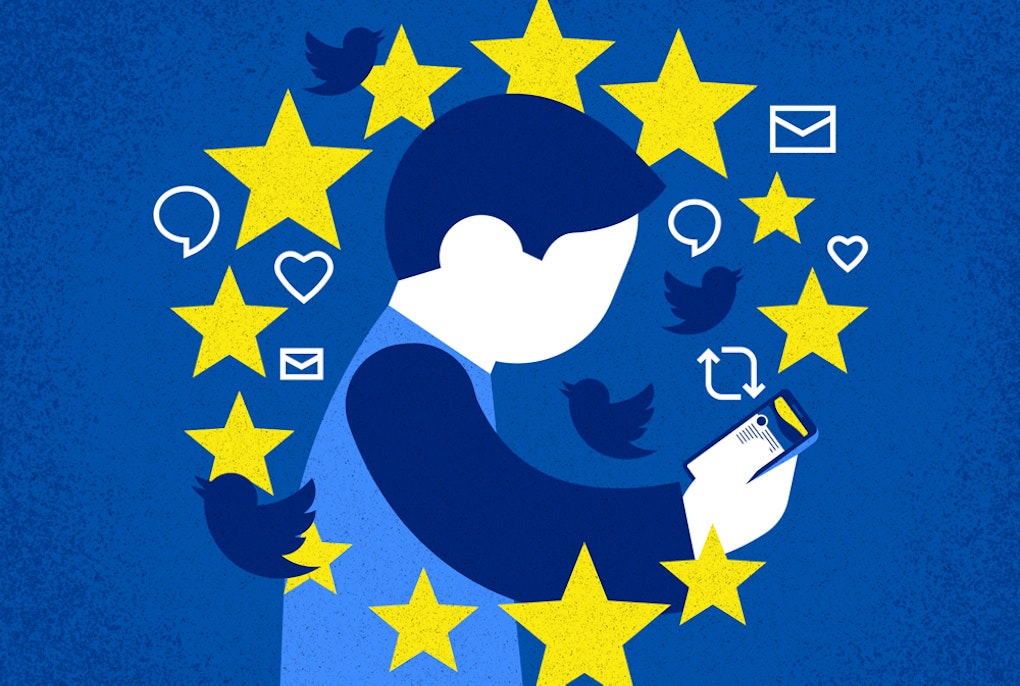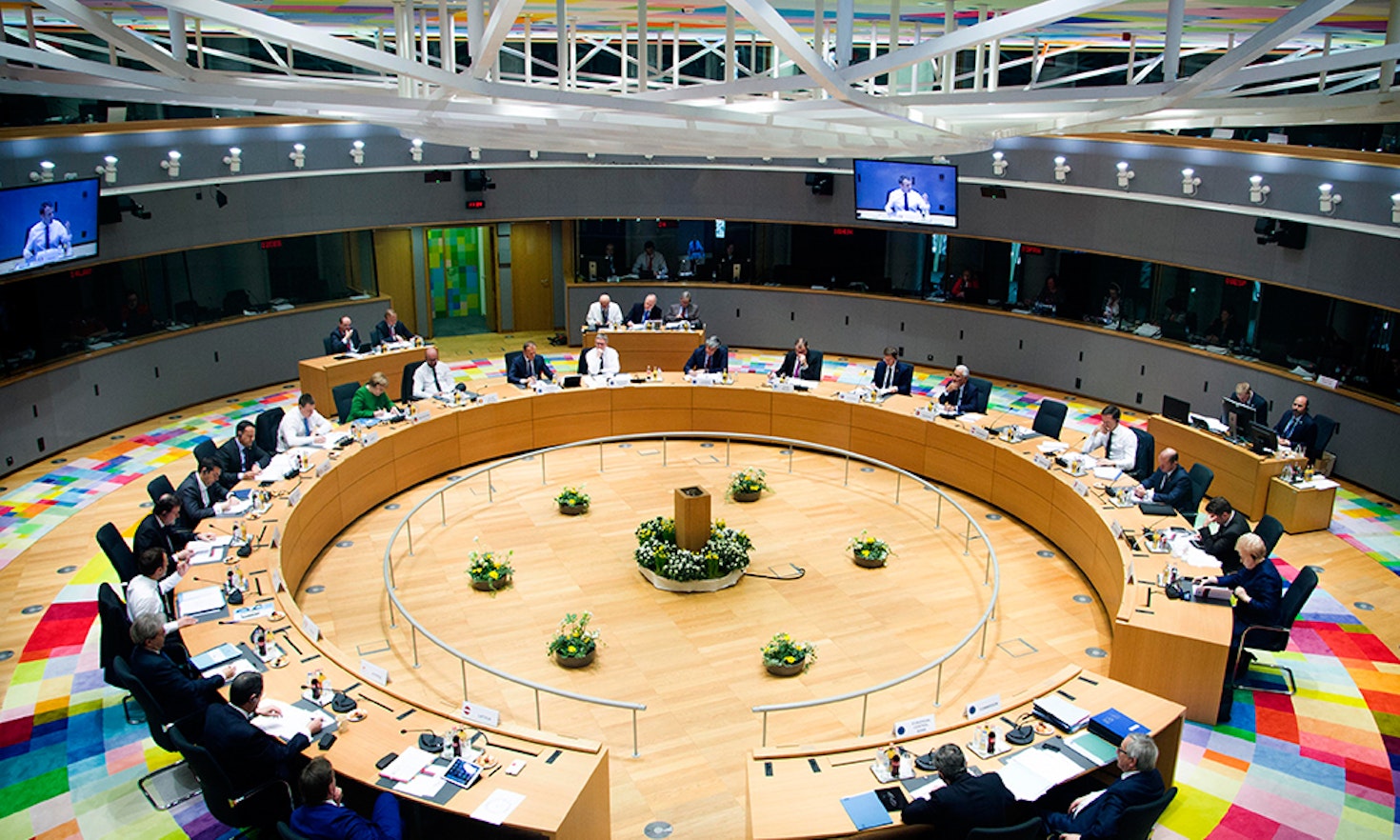
EU politics on Twitter. Which role for the EU digital influencers?
 Alessia Setti
Alessia Setti
The Council of the European Union is one of the EU’s main political institutions and forms of its decision-making triangle, the others being the Parliament and the Commission.
The Council represents the views of the member States, in particular of their executives. In fact, its meetings are attended by representatives of all 28 (soon 27) countries at the ministerial level, i.e. ministers or state secretaries. However, its day-to-day composition varies according the topic under discussion. As a result, the body meets in ten different configurations such as general affairs, transport, telecommunication and energy, agriculture and fisheries, and environment.
Each representative commits the government of his/her country and casts its vote. Depending on the subject, the Council takes decisions by simple majority, qualified majority or unanimity (reserved for the most sensitive topics). However, qualified majority is the most common rule, also known as the ‘double majority’ rule. For a decision to be adopted, two conditions have to be met: a majority of the States, varying from 55% to 72% (in practice at least 16 out of 28 States), and a majority of the population, i.e., representing at least 65% of EU residents. Finally, to block a decision at least four countries are needed, that is a minimum of 35% of the population. Otherwise a majority is considered to be reached. In practice, discussions go on to obtain the widest consensus among all parties, amplifying the intergovernmental nature of the body.
The Presidency of the Council in its different configurations is based on the principle of equal rotation. It changes every 18 months and it is given to a different group of three countries. This means that each member of the trio holds the presidency for 6 months, however, they have to share a common agenda in order to ensure a smooth running of the Institution. The Foreign Affairs Council represents an exception to this pattern, as the presidency is held permanently by the EU High Representative for Foreign Affairs and Security Policy.
On the basis of the draft laws initiated by the Commission, the Council shares legislative power with the Parliament. Put simply, this means that an agreement between the two must be reached in order to pass a piece of legislation. However, in cases of disagreement a conciliation committee, composed of an equal number of representatives from the Council and the Parliament, can be convened to reach a common position. Since 1999 this has happened in only 9% of the acts under discussion. The Council also shares the EU budgetary power with the Parliament. The annual EU budget is usually adopted in December and starts running on 1 January the following year. Without prejudice to the leading role of the European Council, the Council of the EU is also vested with relevant executive powers. It is in charge of setting policy guidelines as well as coordinating member states’ policies in certain significant fields, such as economic and fiscal policies, employment policy, education, culture, youth and sport. It also defines and implements EU foreign and security policy, according to the guidelines laid down by the European Council, and finally it is responsible for concluding international agreements on behalf of the EU, on the basis of proposals negotiated by the Commission.
To know more about the Council’s work and activities, people can submit a question to the Council’s public information service.
 |
Alice Valdesalici is an award-winning senior researcher at the Institute for Comparative Federalism of Eurac Research. She got her PhD in Italian and Constitutional Law from the University of Verona in 2016. Her main research interests are Comparative Federalism, Italian Regionalism & the special autonomy of Trentino-South Tyrol and Institutional Innovation. |
This content is licensed under a Creative Commons Attribution 4.0 International license.